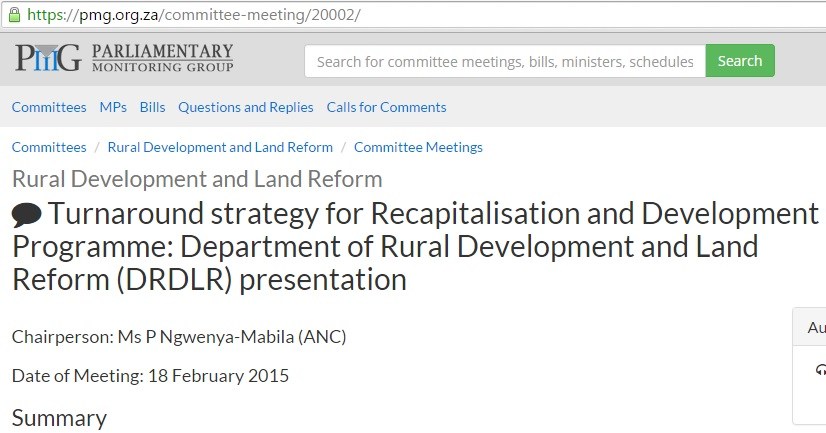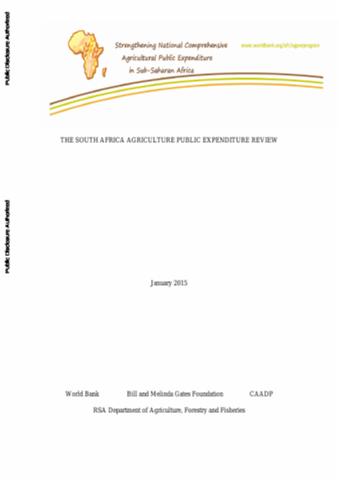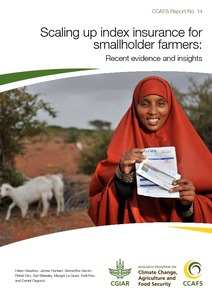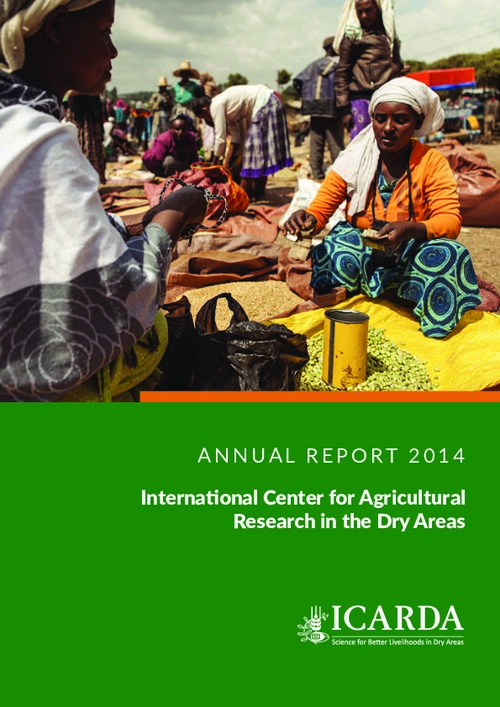Producer Companies in India : Potential to Support Increased Productivity and Profitability of Poor Smallholder Farmers
In 2002, the producer company model
emerged to benefit poor farmers in India. This smart lesson,
based on the World Bank's growing experience with
producer companies in India, builds on lessons learned from
the first and second Madhya Pradesh district poverty
initiatives projects, which initiated 18 agriculture and
livestock companies, involving 46,500 poor small farmers in
over 1,550 villages in 14 districts - with 100 percent women







